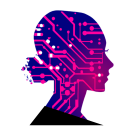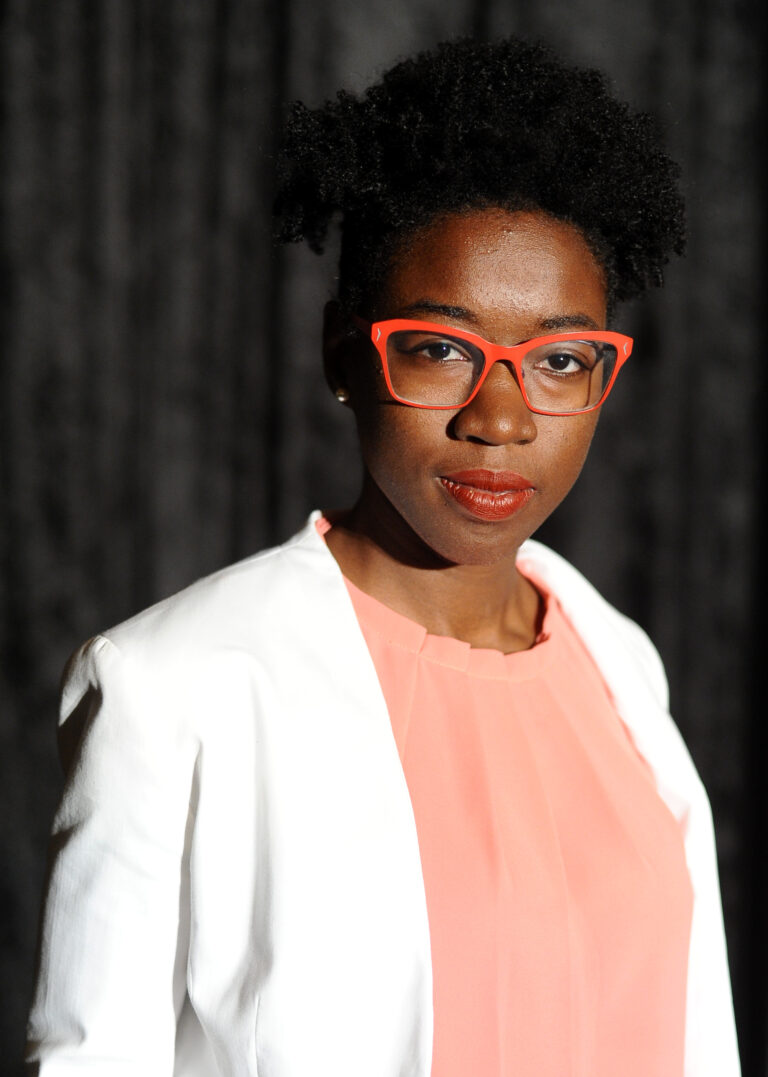Hidden Figures
Introducing phenomenal women who made major impacts to Computer Science and Technology
Tech Women in History
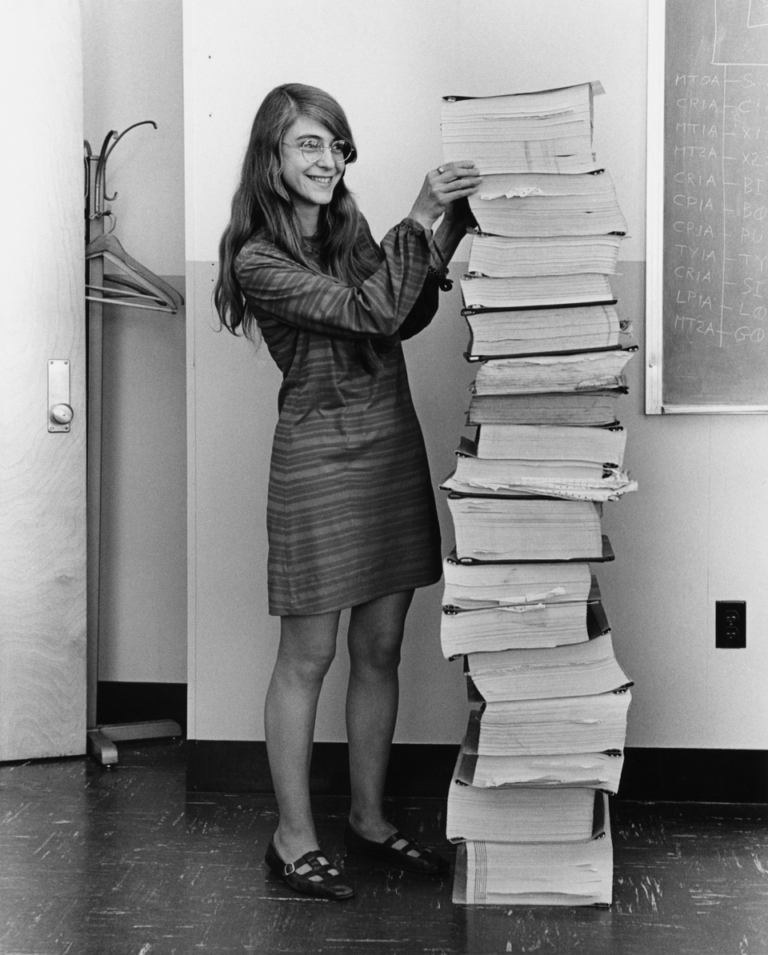
Margaret Hamilton
Software Engineer
Margaret Hamilton, computer scientist and pioneer of software engineering, led the SW Engr Division of the MIT Instrumentation Lab, which contracted with NASA to develop Apollo’s in-flight software. She is credited with naming the discipline of Software Engineering. Hamilton was awarded the Presidential Medal of Freedom.
She comments on the Apollo program, “Coming up with solutions and new ideas was an adventure. Dedication and commitment were a given. Mutual respect was across the board. …upper management gave us total freedom and trust. We had to find a way and we did. …there was no choice but to be pioneers.”
When asked to give advice to young women who want a career in coding: “Don’t let fear get in the way and don’t be afraid to say ‘I don’t know’ or ‘I don’t understand’ – no question is a dumb question. And don’t always listen to the so-called experts.”
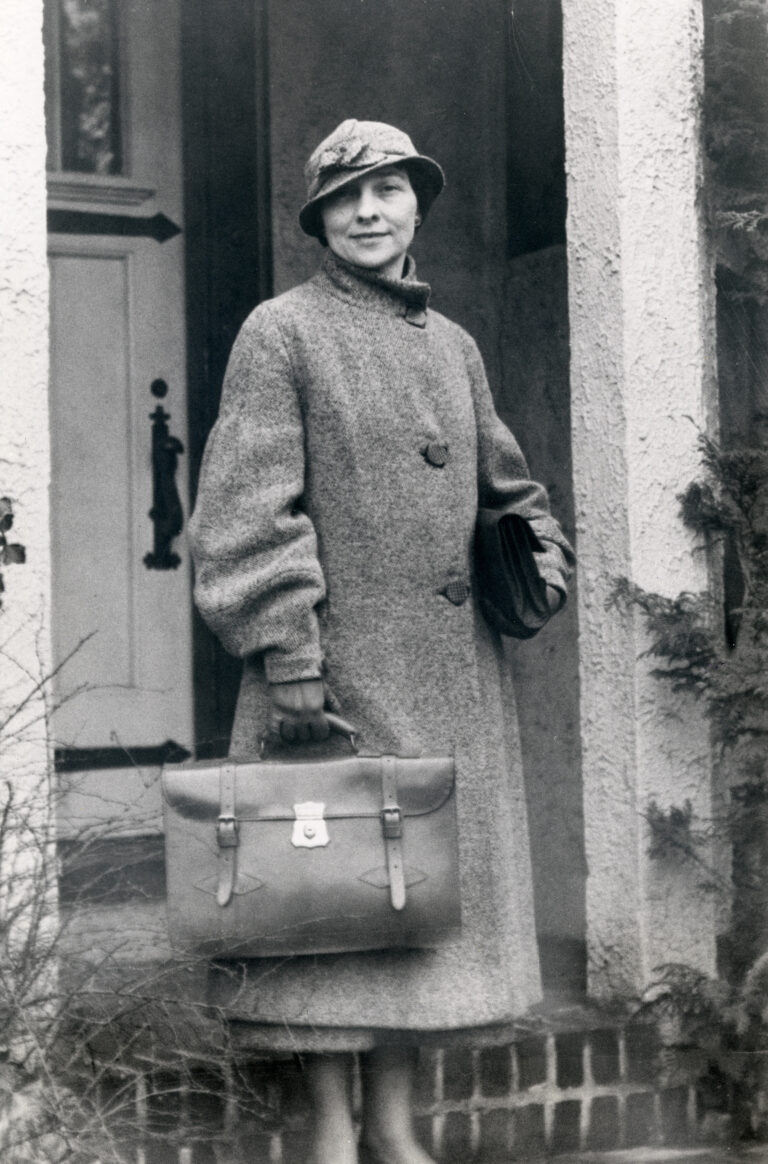
Elizebeth Smith Friedman
America's First Female Cryptanalyst
Elizebeth Smith Friedman (1892-1980) was an early cryptanalyst and a leader in developing many of the principles of modern cryptology. She deciphered enemy codes in both World War I and World War II, and broke codes used by drug smuggling rings during peacetime. She taught the next generation of codebreakers at the National Security Agency (NSA).
There are multiple books written about her, including The Woman Who Smashed Codes, A True Story of Love, Spies, and the Unlikely Heroine Who Outwitted America’s Enemies, by Jason Fagone. She is a 1999 NSA Hall Of Honor Inductee.
Friedman “deciphered many encoded messages throughout the Prohibition years and solved many notable cases single-handedly, including some codes which were written in Mandarin Chinese. … After fifty years at her business, Elizebeth Smith Friedman had indeed proved to be a pioneer in code breaking.” – NSA Crytologic History article
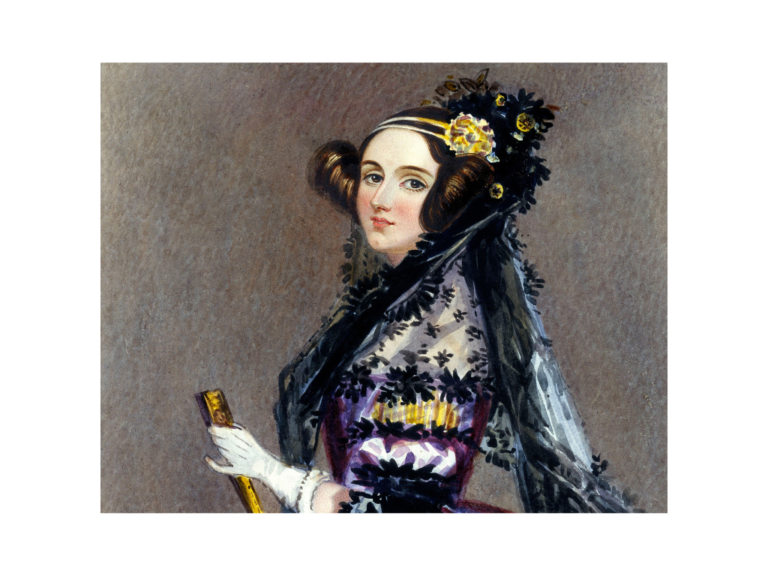
Ada Lovelace
First Computer Programmer
Ada Lovelace was the first to recognize that the Analytical Machine had applications beyond calculation, and to have published the first algorithm intended to be carried out by such a machine; thus she is regarded as the first computer programmer.
You can find a few facts about Ada Lovelace (3 mins read) at: 10 Things You May Not Know About Ada Lovelace – HISTORY
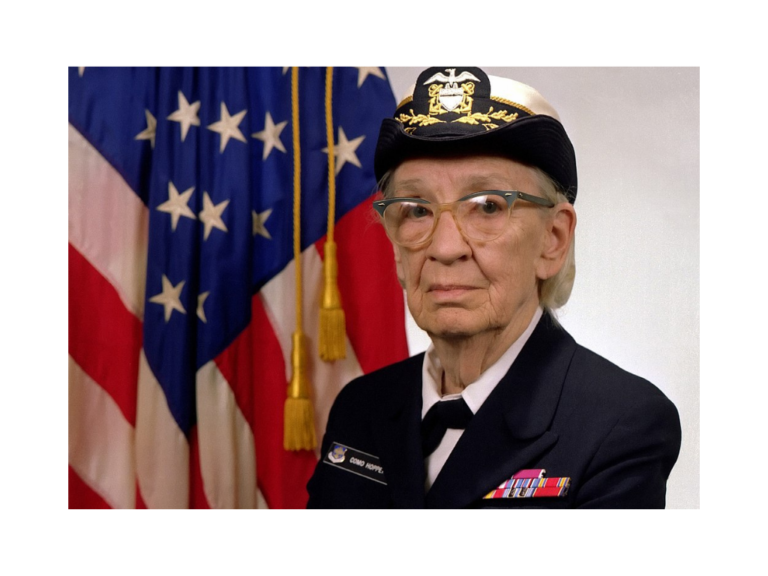
Grace Hopper
Inventor of COBOL, a Pioneering High-level Programming Language, and the compiler
Grace Hopper was the first to devise the theory of machine-independent programming languages, and the FLOW-MATIC programming language she created using this theory was later extended to create COBOL, an early high-level programming language still in use today.
Yale University named one of its residential colleges after Grace Hopper. Read her short biography on the university’s website (3 mins read): Biography of Grace Murray Hopper | Office of the President (yale.edu)
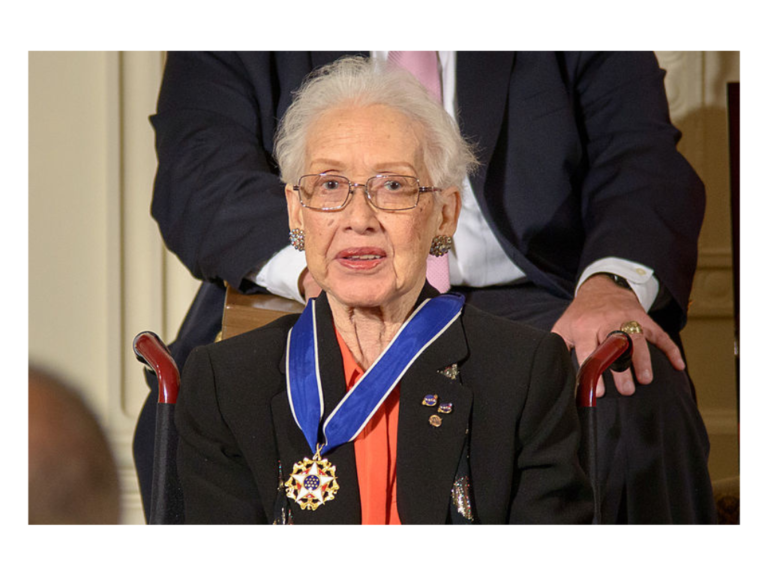
Katherine Johnson
NASA Human Computer - for 1st Human Spaceflight
Katherine Johnson was an American mathematician whose calculations of orbital mechanics as a NASA employee were critical to the success of the first and subsequent U.S. crewed spaceflights.
Learn more about her at (5 mins read): Katherine Johnson (1918-2020) | Former NASA Research Mathematician – NASA Solar System Exploration
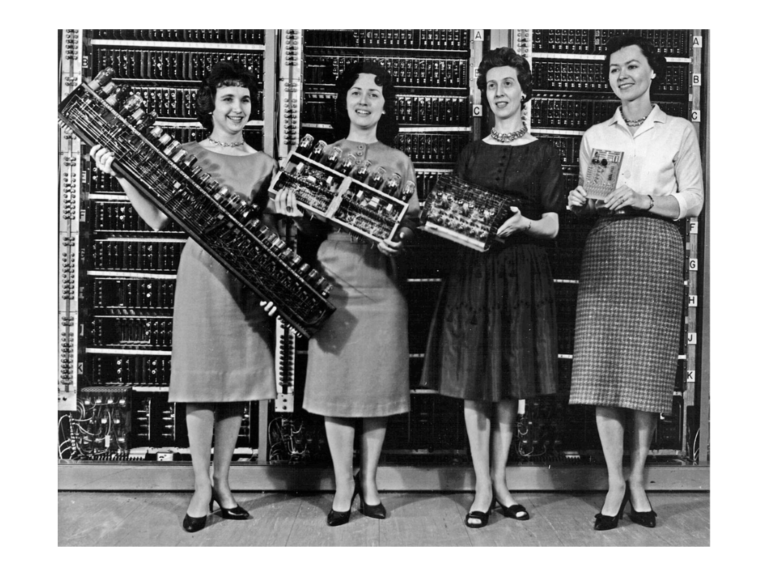
First Programmers of the First Electronic Computer - ENIAC
ENIAC was the first programmable, electronic, general-purpose digital computer, built during WWII, completed in 1945. Kay McNulty, Betty Jennings, Betty Snyder, Marlyn Meltzer, Fran Bilas and Ruth Lichterman were the first programmers of the ENIAC.
Kathy Kleiman, Founder of the ENIAC Programmers Projects, Historian and Author, discovered the ENIAC Programmers as a Harvard undergraduate and a female programmer in search of role models and inspiration. She tells the story about these amazing women in this podcast (37 mins): Clear+Vivid with Alan Alda – Kathy Kleiman: The six women who… (goloudnow.com)
Tech Women Making History
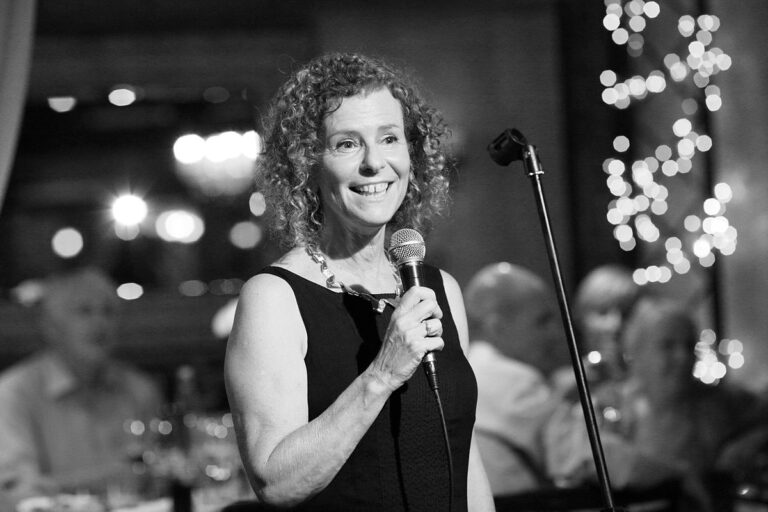
Rina Dechter
Computer Scientist, AI Researcher
Rina Dechter, computer scientist known for her contributions to AI and deep learning, is a Distinguished Professor of Comp Sci at UC Irvine, and a Fellow at Association for the Advancement of AI (AAAI).
Her focus is to influence AI to become “a central paradigm for knowledge representation and reasoning”. She was the first to use the term “deep learning” in a 1986 paper. She has published two books: Constraint Processing, and Reasoning with Probabilistic and Deterministic Graphical Models: Exact Algorithms.
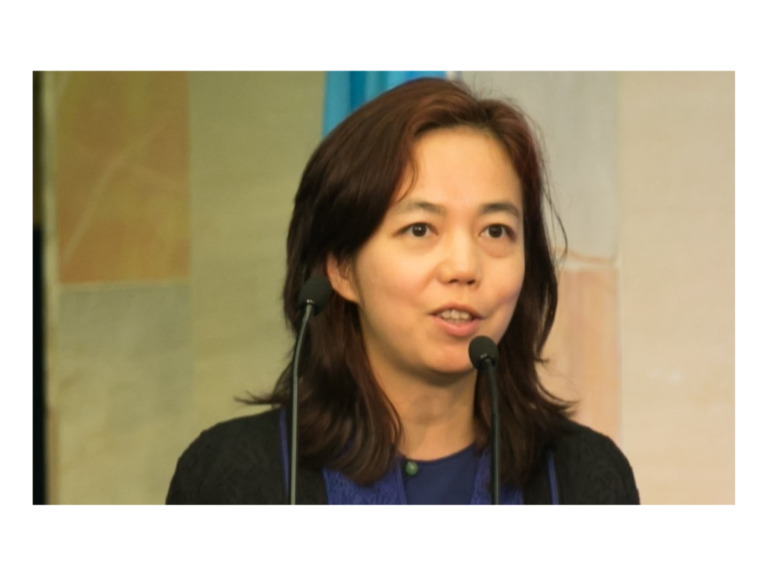
Fei-Fei Li
A.I. Pioneer, Inventor of ImageNet
Fei-Fei Li invented ImageNet, which has brought breakthroughs in A.I. image recognition which in turn sparked the current A.I. Spring . She is the co-founder and chairperson of nonprofit organization AI4ALL, whose mission is to educate the next generation of AI technologists, thinkers and leaders by promoting diversity and inclusion through human-centered AI principles. She authored The Words I See. Learn more (3 mins read) at Fei-Fei Li: The Researcher Bringing Humanity to AI – History of Data Science.
Joy Adowaa Buolamwini
Computer Scientist, Digital Activist, Poet of Code
Joy Buolamwini is a researcher at the MIT Media Lab where she works to identify bias in algorithms and to develop practices for accountability during their design. She founded the Algorithmic Justice League (AJL) to promote equitable and accountable AI. Her work has prompted IBM and Microsoft, to improve their software. She creates art to illuminate the impact of AI on society. Her research and art have been featured in films, Ted Talks, exhibits and many publications. Watch her talk (8.5 mins) on fighting bias in algorithms. In 2019, Buolamwini testified before the United States House Committee on Oversight and Reform about the risks of facial recognition technology. She is the recipient of several awards and is on the 2023 Time 100 AI List.
